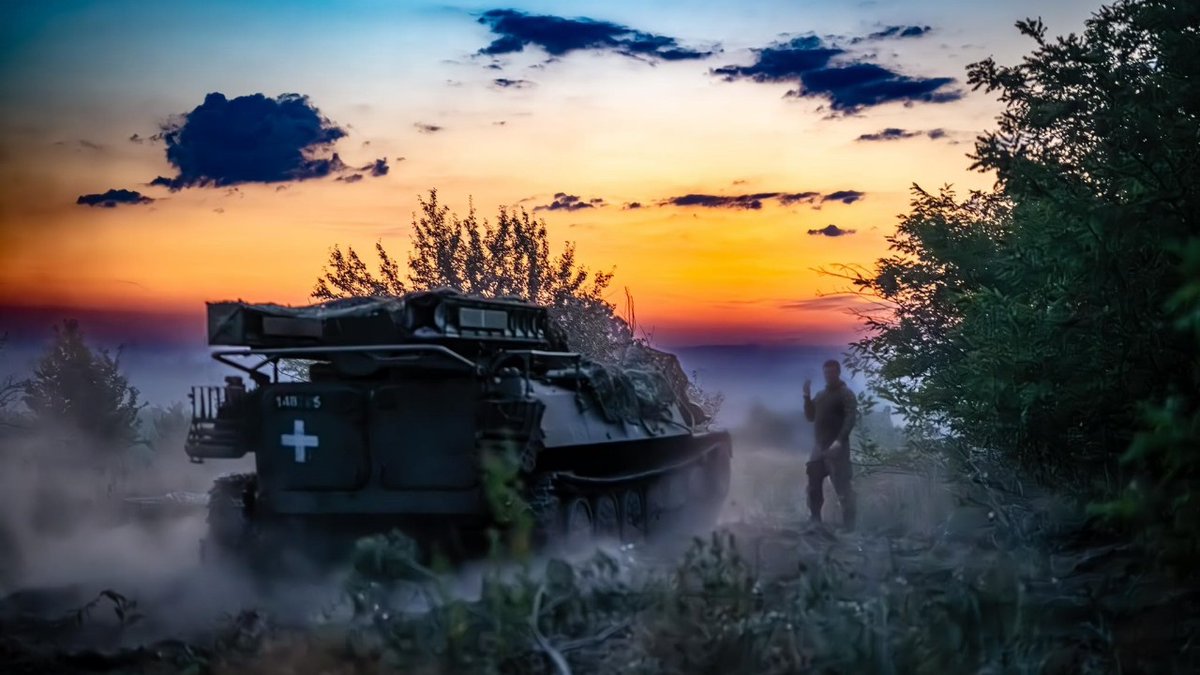Maybe we can finally dispense with the ‘transparent battlefield’ fallacy. War’s enduring feature, as Clausewitz described, is that it is a human endeavour and that it is full of uncertainty, friction, emotion and surprise. 1/5 🧵
https://twitter.com/shashj/status/1821595407396315512
2/ The level of strategic, operational and tactical deception shown by the Ukrainians during the planning, assembling forces and ongoing execution of the #Kursk operation has been superb.
3/ This is not a technical achievement - it is a human one. People who have learned from their successes and failures since February 2022 have crafted an operational design that is being competently executed by motivated soldiers.
4/ The design is physical of course. But it also has a profound moral dimension - the operation has shocked the Russian military and citizenry. The Ukrainians are exploiting this shock to move quickly through Kursk. This shock will unveil other opportunities for Ukraine to strike.
5/ But the strategic shock will also need to be exploited. It will have an impact on the status of Putin at home and abroad (can’t defend his own country). And, I hope, this will reinvigorate Western publics & politicians to force a change in our strategy to one that embraces and resources defeating Russia In Ukraine. End.
• • •
Missing some Tweet in this thread? You can try to
force a refresh









